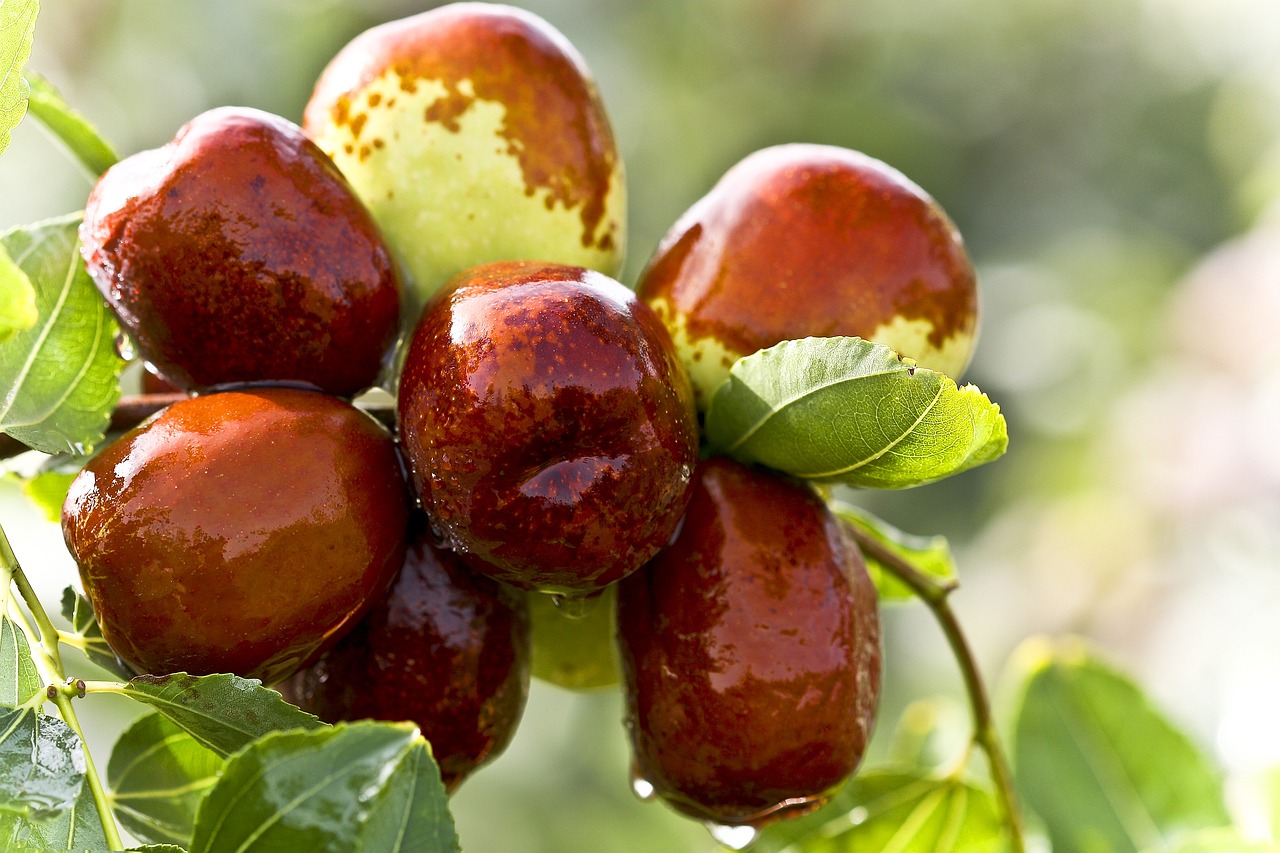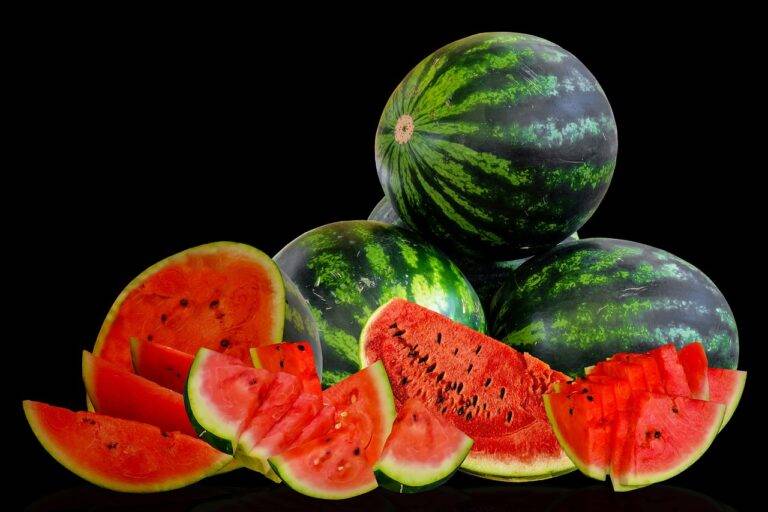Exploring Alternative Protein Sources: Insects and Algae
Insect protein offers a sustainable and eco-friendly alternative to traditional animal protein sources. With the increasing global demand for protein, incorporating insects into our diet can help reduce the strain on resources like land and water. Insects are known for their high protein content, making them a nutritious choice for individuals looking to boost their protein intake.
Nutritional Value of Algae
Algae is a powerhouse of essential nutrients, offering a wide array of vitamins, minerals, and antioxidants. Rich in protein, algae serves as a valuable source of amino acids necessary for muscle growth and repair. Additionally, algae contains high levels of omega-3 fatty acids, which are crucial for heart health and brain function.
Moreover, algae is a great source of vitamins A, C, and E, contributing to strong immune function and healthy skin. It also provides minerals such as iron, calcium, and magnesium that play key roles in various bodily functions. With its impressive nutritional profile, incorporating algae into one’s diet can offer numerous health benefits.
Sustainability of Insect Farming
Insect farming has gained attention as a sustainable alternative to traditional livestock farming due to its environmental benefits. Insects have a high feed conversion rate, requiring significantly less land, water, and food compared to livestock. This efficiency results in lower greenhouse gas emissions and less pressure on natural resources, making insect farming a more eco-friendly option.
Furthermore, insects can be fed organic waste, such as food scraps, reducing the amount of waste sent to landfills. This circular approach not only minimizes pollution but also contributes to a more closed-loop system in agriculture. Additionally, the ability to rear insects in vertical farms or compact spaces further enhances the sustainability of insect farming, offering a scalable and resource-efficient solution for future food production needs.





